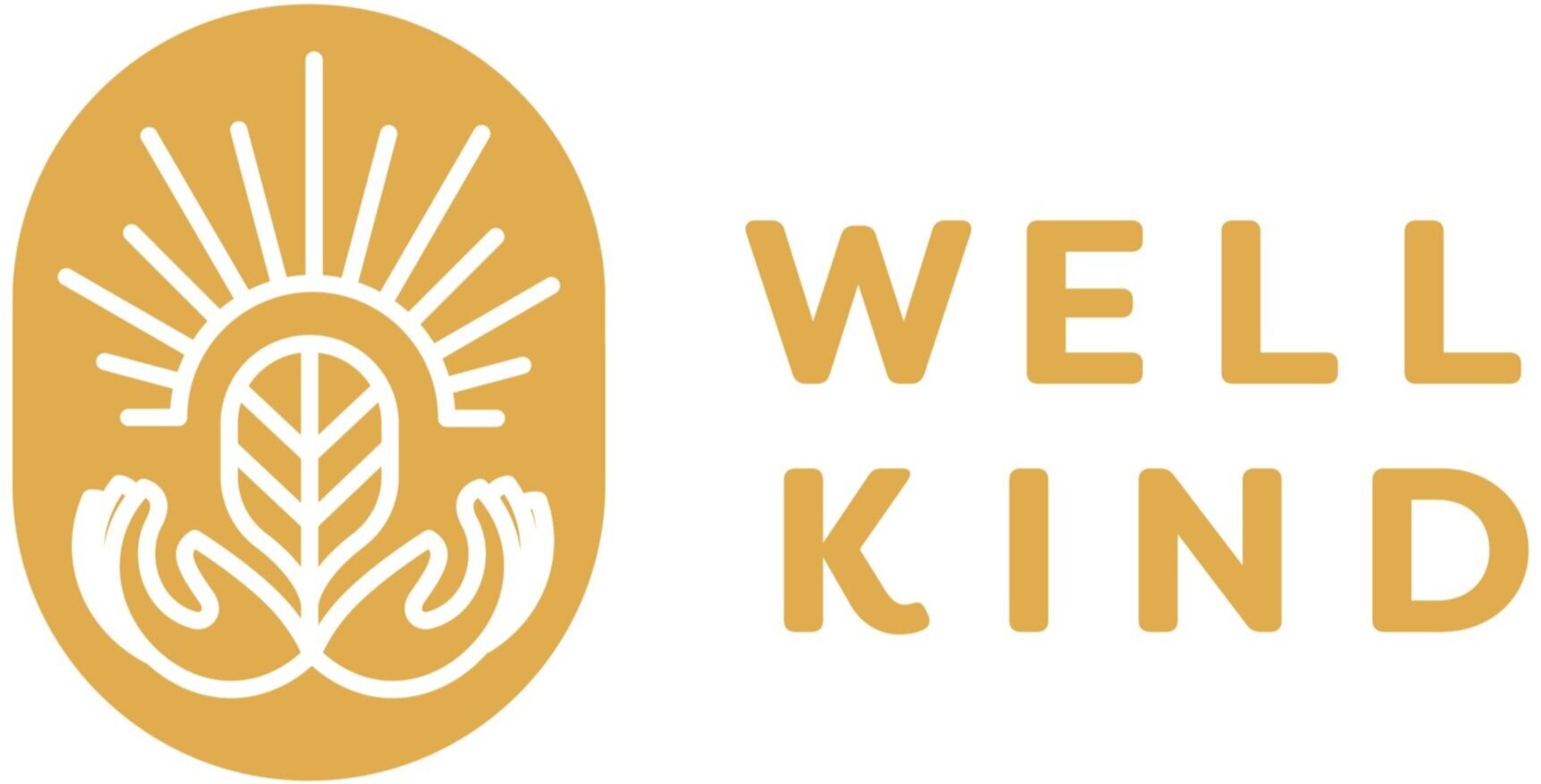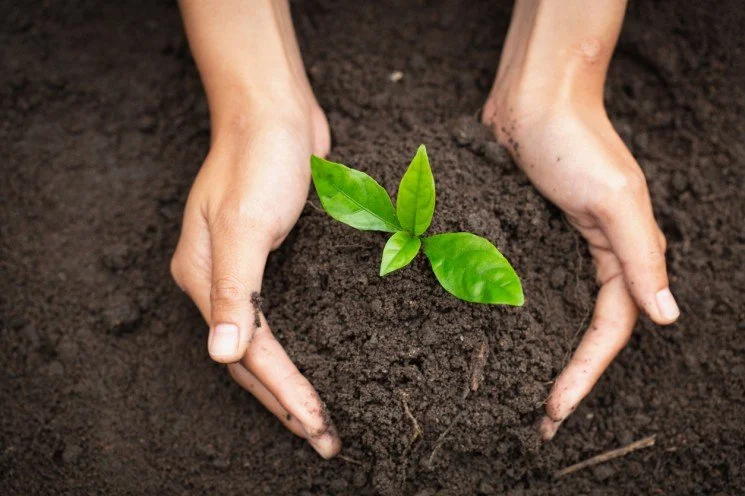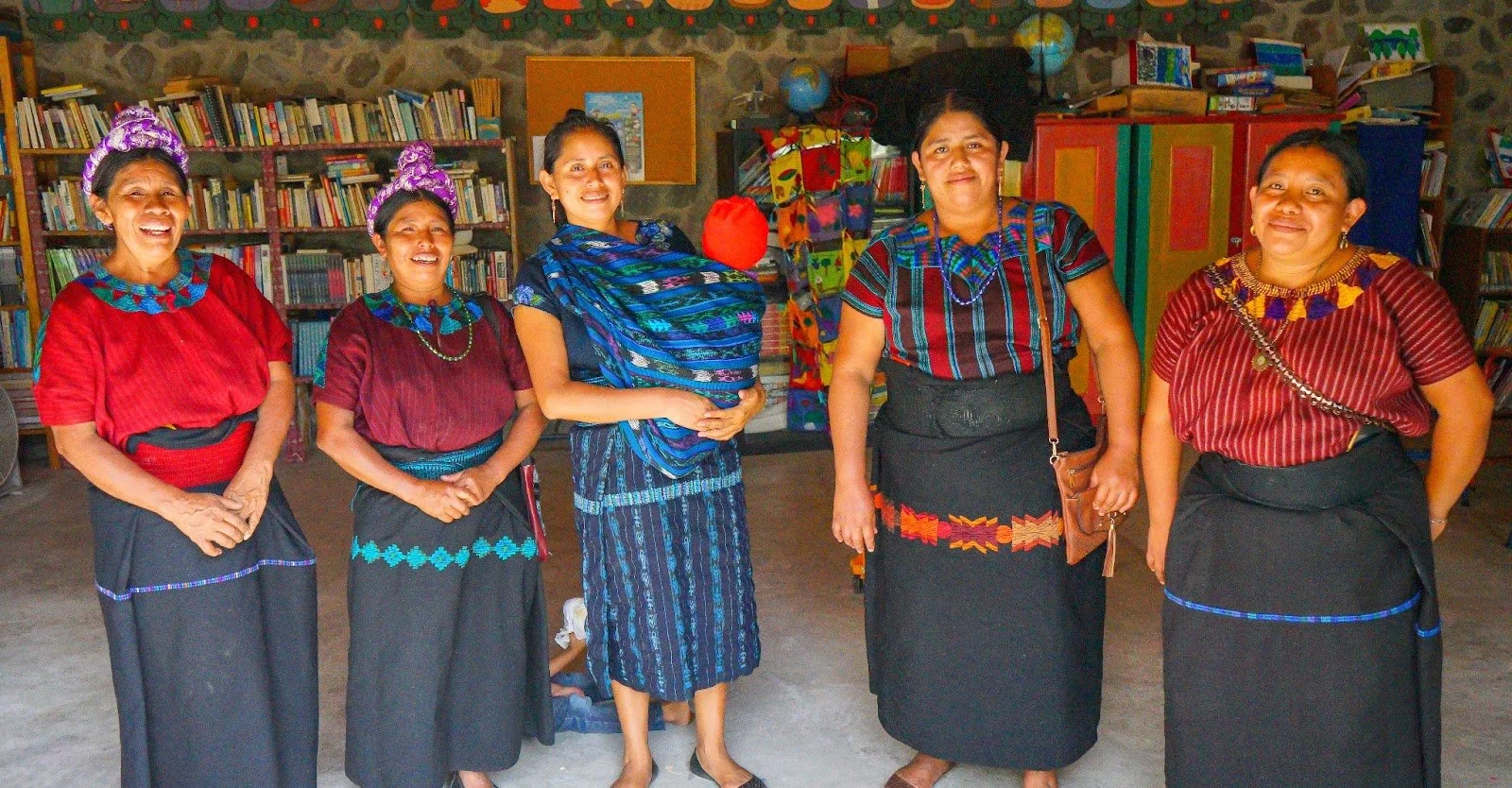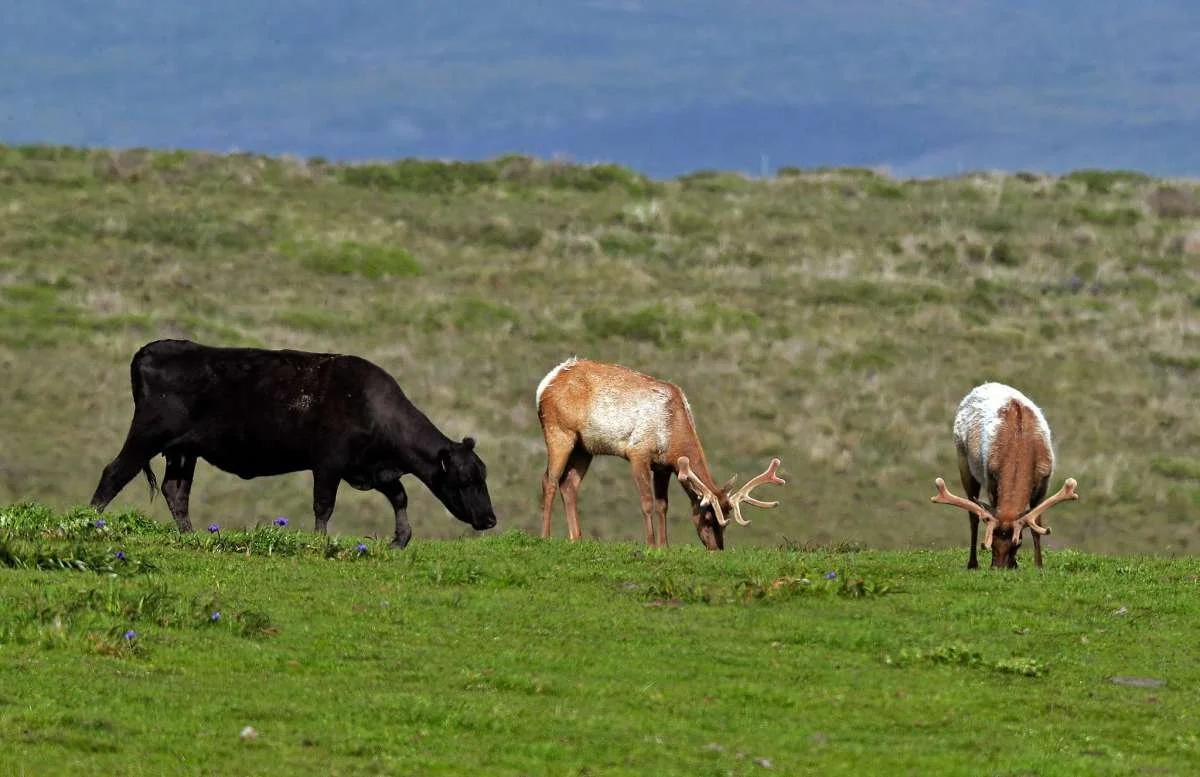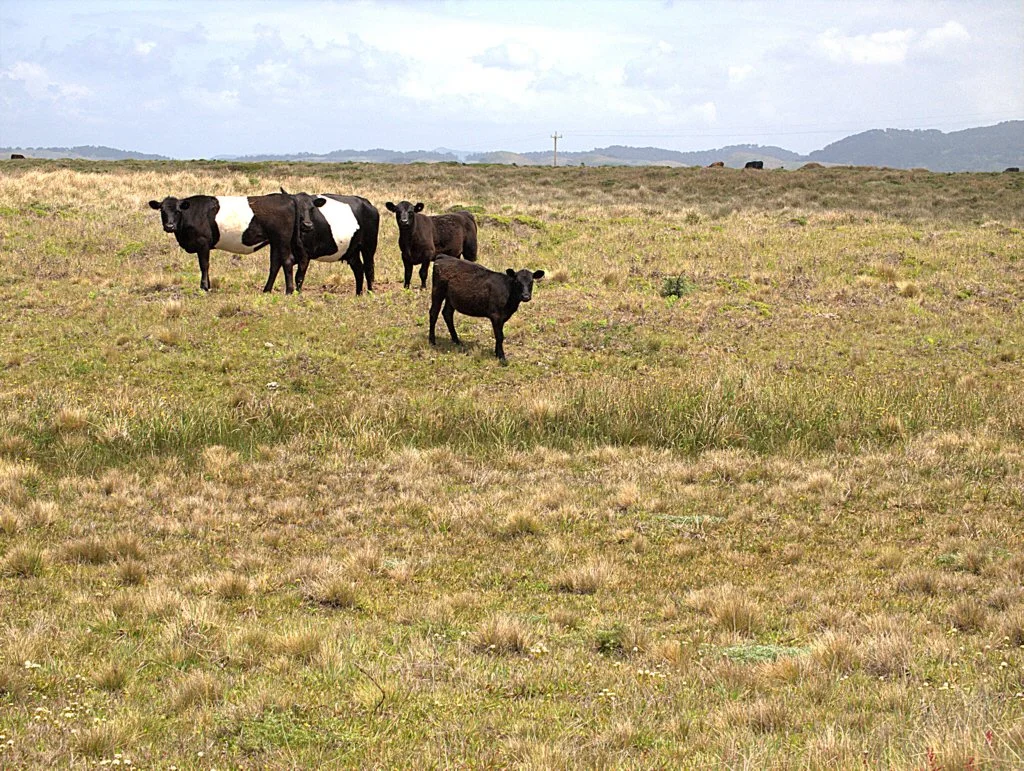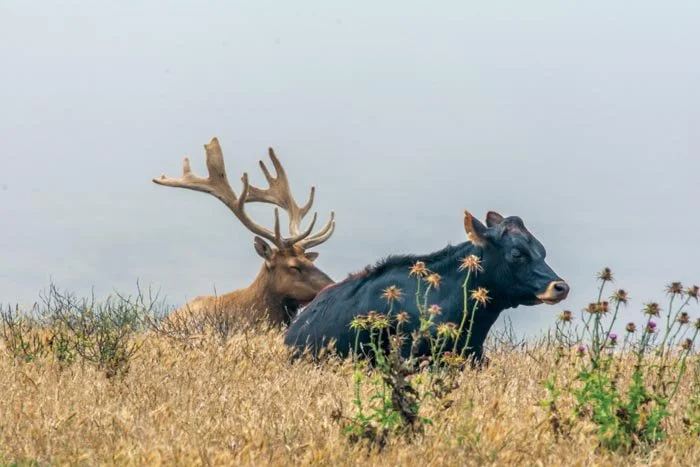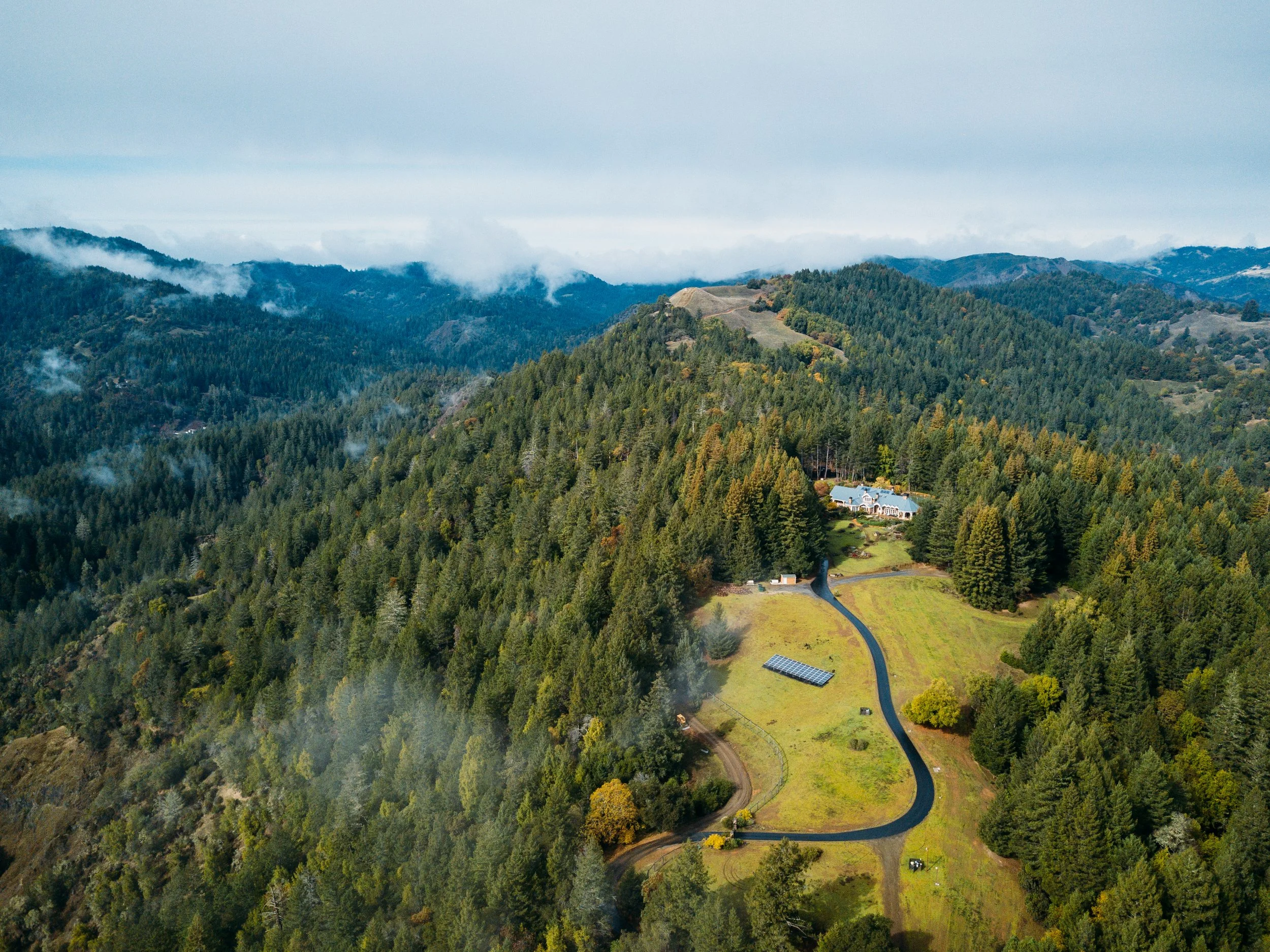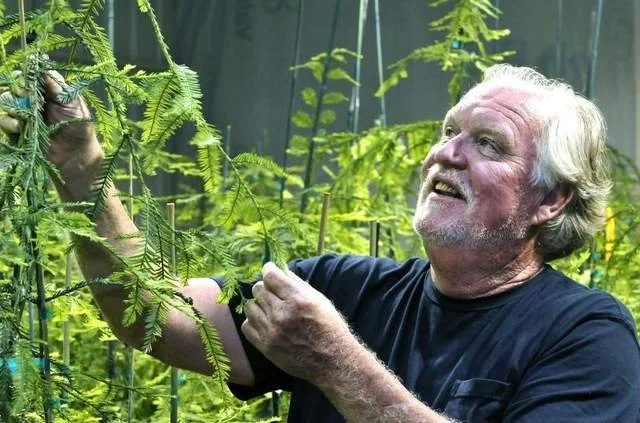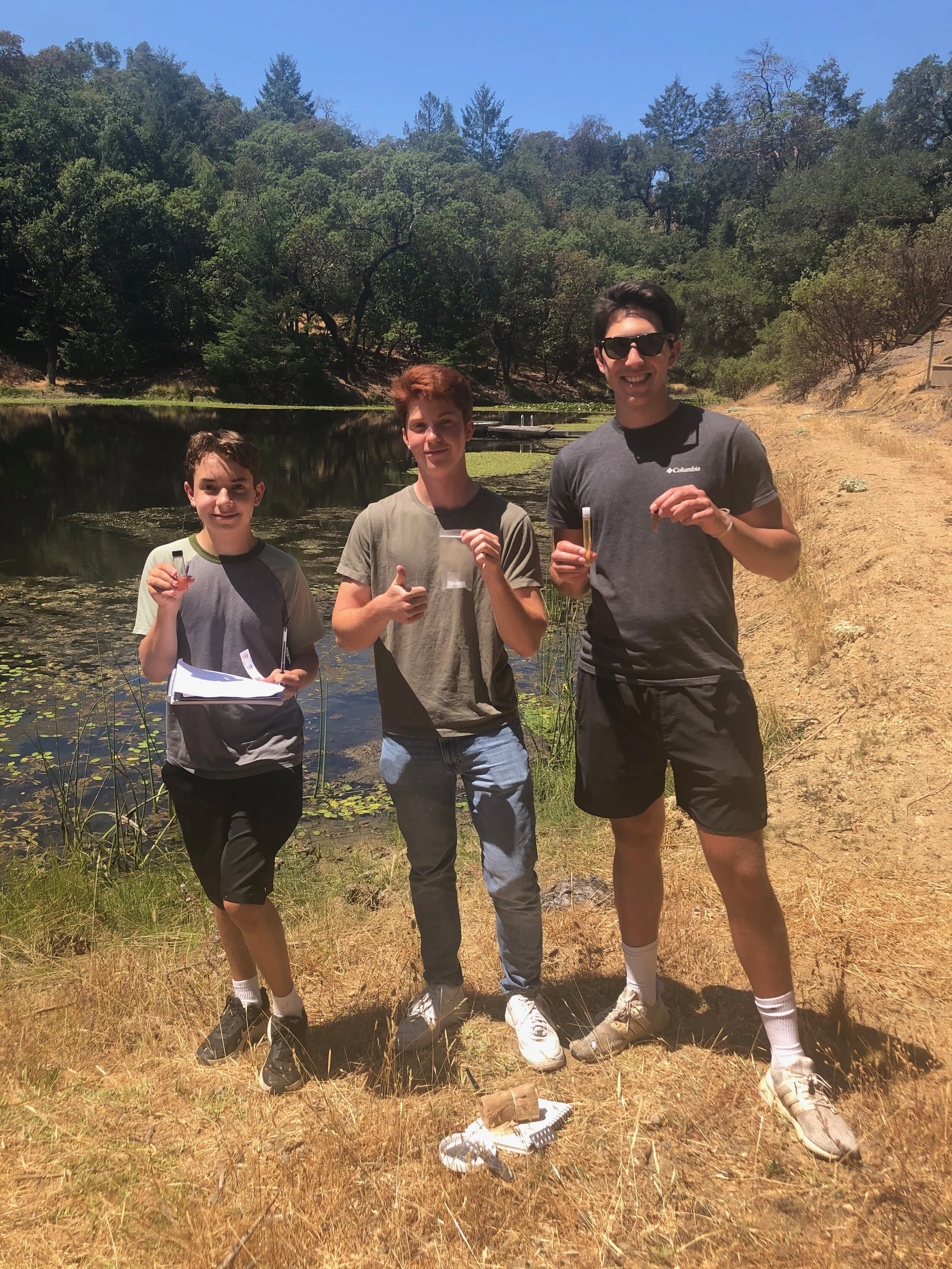Humanity depends on forests for oxygen, storing carbon emissions, and having healthy ecosystems. The increasing amount of forest fires threaten forests and all they do for us. So in order to minimize these risks, we need to reduce forest thinning and increase forest protections.
Read MoreSoil health determines the survival of all plants, animals, humans and ecosystems. In order to ensure the future of humankind, we need to take care of our soil so that we can continue to grow crops, breathe air, and enjoy the beauty of nature. Soil is the crucial component of surface earth systems. Its health is typically dependent on water quantity, which influences plant survival and carbon sequestration.
In 2018, nearly two-thirds of California voters approved Proposition 12, an initiative that banned the sale, in and from out-of-state, of veal from calves, pork from breeding pigs, and eggs from hens that were raised in gestation crates: confinement cages that didn’t meet the minimum space requirements defined by the proposition (Moreland et al., 2018).
Prop 12 protected animals from one of the crueler practices in factory farming. But, this October, guaranteed protection for these animals may be a thing of the past.
Read MoreWe are pleased to announce an upcoming panel on “Innovation & Careers in the Environmental Field.” On Wednesday, March 16, from noon to 1:30 PM PST, a team of leaders in environmental science, education, and activism will share the success stories of their organizations, describe their day-to-day work, and give advice on how to succeed in their fields.
Look to where a former pristine forest has been cut down and you may be looking at the next hotspot for a rising disease. A wide array of growing scientific studies are showing that loss of biodiversity and global warming are two trends driving species extinction. Essentially, an unhealthy habitat is a breeding ground for pests and diseases affecting not just wildlife, but humans. This is one reason why WellKind has launched our forestry program benefiting forest health.
Read MoreWellKind Guatemala ONG has been working to solve the environmental and economic issues of the Tzununa valley on Lake Atitlan since 2019. We work with local community leaders and youth organizations to stimulate community-led decision making with all of our programs. WellKind at its core is a grassroots NGO that has several different programs fitting into three major focuses: Ecology, Economy, and Education. Our mission is to improve the lives of the Kaqchikel Maya people of Tzununa and to restore the ecology of the region in which they live. By helping to create small businesses and providing opportunities, we hope to stimulate the economy and empower locals to be entrepreneurs and lead the change in their community.
Read MoreThe tule elk is a species native only to California. They live in habitats across the state, ranging from marshlands to grassy coastlines. They are most often seen in the Point Reyes National Seashore, where many tourists travel just to catch a glimpse. However, these majestic animals do not live at ease. They have been sequestered into a small patch of land and deprived of resources. Their prison on the beautiful coastline is killing them.
The Point Reyes National Seashore is home to thousands of animals that contribute to a thriving and diverse coastal ecosystem. One of those animals is the tule elk, a subspecies of elk home to California. Point Reyes is the only national park unit where tule elk can be found.
Once thought extinct, the tule elk were introduced into the park in the late 1970s. More than two million people come to visit them every year, looking out at the scenic sunsets and fierce waves crashing against the rocks. What they don’t see is the devastated grasslands where the cattle roam. More than two dozen cattle farms lease the land from the National Parks Service. These cattle farms overgraze the land; devastate the natural environment home to the Tule Elk; and pollute the air, water, and soil.
Cattle ranching has been tearing apart our land for years now, and with our world health in a rapid decline, we need all of the biodiverse land and healthy trees that we can get. Enter cattle ranchers, people who claim land to be theirs when it’s really everyones. They’ve been on the tule elk preserve in the Point Reyes National Seashore for hundreds of years, degrading the soil with thousands of cattle, and, most importantly, eroding the park’s biodiversity! Elk are the Point Reyes Seashore’s main focus when it comes to protection, and with this loss of biodiversity and moving space there has been a large decrease in their population in some of the most recent population checks (152 elk have died since 2020).
Teravana, a wildlife/nature reserve located just north of San Francisco, is an amazing place to see where human hands meet nature's roots. Teravana’s goal is to make an area for people to retreat to in times of stress and reconnect with nature—as their slogan describes, A Retreat To Remember Human Nature.
The problems started coming after a fire a couple of years ago. The city is not allowing for a lot of people to stay on their properties due to road capacity. They are afraid of a repeat of the events that happened during the Paradise fire in 2018.
Read MoreWe are excited to announce an upcoming panel on green careers. On Thursday, December 9, from noon to 1:30 PM PST, a team of leaders in environmental science, industry and activism will give advice on how to succeed in new and exciting eco-friendly industries like soil science and regenerative agriculture.
The career panel will be broadcast internationally over Zoom. After speaking on their backgrounds and offering advice, the panelists will touch on new developments in their fields. Then, we’ll bring our audience into the discussion in a group Q and A session.
Read MoreWELLKIND is pleased to announce that David Milarch, the founder of Archangel Ancient Tree Archive (AATA), will be presenting to our Forestry Program interns on November 16.
Read MoreA week ago, I was given the opportunity to join my fellow WELLKIND Forestry interns on a field trip out to a watershed site in Lagunitas, which is being restored by the Salmon Protection and Watershed Network (SPAWN). Watershed biologist Ayano Hayes and Director of Watershed Conservation Preston Brown opened our eyes to SPAWN’s hard work. From transforming the land from what it was before, to planting willows along the creek, to creating wood jams for refuge, it seems as though SPAWN hasn’t missed a single opportunity to improve the local ecosystem and protect coho salmon.
Read MoreMy name is Aidan Gossett, and I’m an intern for WELLKIND Forestry. This summer, my fellow interns and I have gone on field trips to various restoration sites. Today, I will be talking about our trip to Teravana, which is privately-owned land in Cazadero, Sonoma County, California.
Read MoreAs an intern for WELLIND Forestry, I recently had the opportunity to attend a meeting of the Novato Rotary. The Novato chapter is one of over 35,000 clubs around the world that work together for the common good. Catriona Macgregor Glazebrook, WELLKIND’s Executive Director, was invited to speak at the Novato branch’s meeting at College of Marin’s Indian Valley Campus. She brought us interns along with her.
Read MoreAs interns for WELLKIND, we go on a plethora of field trips over the course of our work. One of these field trips was to visit the endemic Tule Elk of Point Reyes. These Tule Elk, although majestic, are in a bloody fight for their lives to secure precious water on their small reserve hemmed in on the coast.
The elk are trapped primarily due to the National Park Service prioritizing the profits of cows over elk. The agency would much rather give land to cattle than preserve the endangered elk. We learned that the land that is given to cattle is rich in resources such as water. A mixture of California’s severe drought this year and a restriction of water availability for the elk has placed enormous pressure on their herds, resulting in the death of over 150 individuals.
Read MoreThough I’m just beginning my journey as an intern for WELLKIND Forestry, my breadth of knowledge encompassing climate change has grown beyond melting ice, pollution, and habitat destruction. A multitude of issues find themselves woven into the intricate tapestry that is climate change. One new gem of knowledge that I found especially interesting is the fact that mainstream media is failing the environment in its coverage of climate change.
Read MoreThe Dustbowl of the 1930s was one of the most devastating ecological disasters in American history. Poor agricultural practices, high temperatures, and extended drought caused tremendous land erosion. One hundred million acres were affected, and it blew away 480 tons of topsoil per acre. Millions of tons of topsoil were lost to the Eastern United States and Atlantic Ocean.
The loss of nutrient-rich topsoil was devastating, as it is essential for both nutrient cycling and carbon storage. New research finds that the heat waves that powered the Dust Bowl are now 2.5 times more likely to happen again in our modern climate due to another type of manmade crisis: climate change (DeLonge, 2020).
Read MoreIn this internship, I have learned a lot about how innovative strategies in habitat management are necessary in a climate-changed world. To keep pace with today’s threats to forests, habitat management work must focus on increasing biodiversity and restoring and maintaining the soil moisture and health necessary for plants and ecosystems to thrive.
Read MoreClimate change is rapidly becoming one of the foremost issues of the 21st century. Already, it has caused floods and fires of intensities not seen in thousands of years. This isn’t my opinion—it’s a fact, and one supported by the scientific community as a whole. In fact, out of all the peer-reviewed papers on climate change and global warming, not one argues against it.
Read More